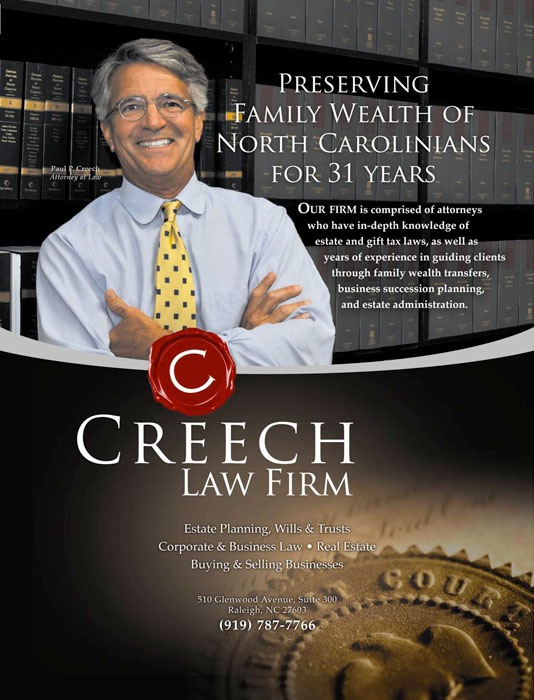If you’ve faced an injury that is not your fault, you need to do two things immediately. First, you need to get to a doctor for an official diagnosis as soon as possible. Second, you need to get on the phone and call an attorney who specializing in injury law.
As you can probably guess, an injury can require medical care. Deductibles and co-pays can start eating away at savings. At the same time, there could very well be an income loss if an extended period out of work is required for rehabilitation. In more serious accidents, loss of employment and medical coverage itself can ensue. A personal injury attorney can work with you to ensure that a proper settlement or court decision provides you with the resources to weather your lifestyle change, no matter if it’s temporary or permanent.
Here are six easy tips to help you decide who might be right person to handle your particular case:
1. Pick a firm that’s near to where you live.
This is a logical place to start your search. If an injury has made it difficult to travel, an attorney nearer to your home rather than away is a wise choice. This can also expedite the delivery of documents that may need to be turned around quickly.

2. Ask for referrals.
Have any of your friends or relatives used a personal injury attorney that provided exemplary services? Just as with mechanics and contractors, a person with a positive reputation is worth having on your side.
3. Make sure the attorney is familiar with your type of injury.
You don’t want to be the beta or test case for a person that’s either just starting out in the business or is seeking to expand a legal practice into your injury area. Go with a pro; pick someone who can tell you that they’ve “been there, done that.”
4. Know and understand the fee structure.
You need to know what your outlay of expenses is going to be when hiring a personal injury attorney. This is where a contingency fee can be an important payment method. It means that if the person or firm does not win your case for you, nothing is owed; you have no obligation to pay any fee at all. Be sure you both agree that this includes all out of pocket, paper, copy, and any other fees associated with your case.
5. Experience.
Ask how many years the attorney and or firm has handling cases of your type. The more years spent in the courtroom, the better it is for you.
6. Be inquisitive.
 You’re bound to have questions; be sure to ask them. The more easily you can converse with your attorney; the better your relationship will be. It might be advisable to make a list of any questions that pop into your head so you can present them to the attorney.
You’re bound to have questions; be sure to ask them. The more easily you can converse with your attorney; the better your relationship will be. It might be advisable to make a list of any questions that pop into your head so you can present them to the attorney.
Look around and make sure you select the personal injury attorney that best fits your needs. Remember, time searching for the right lawyer is time well spent.



